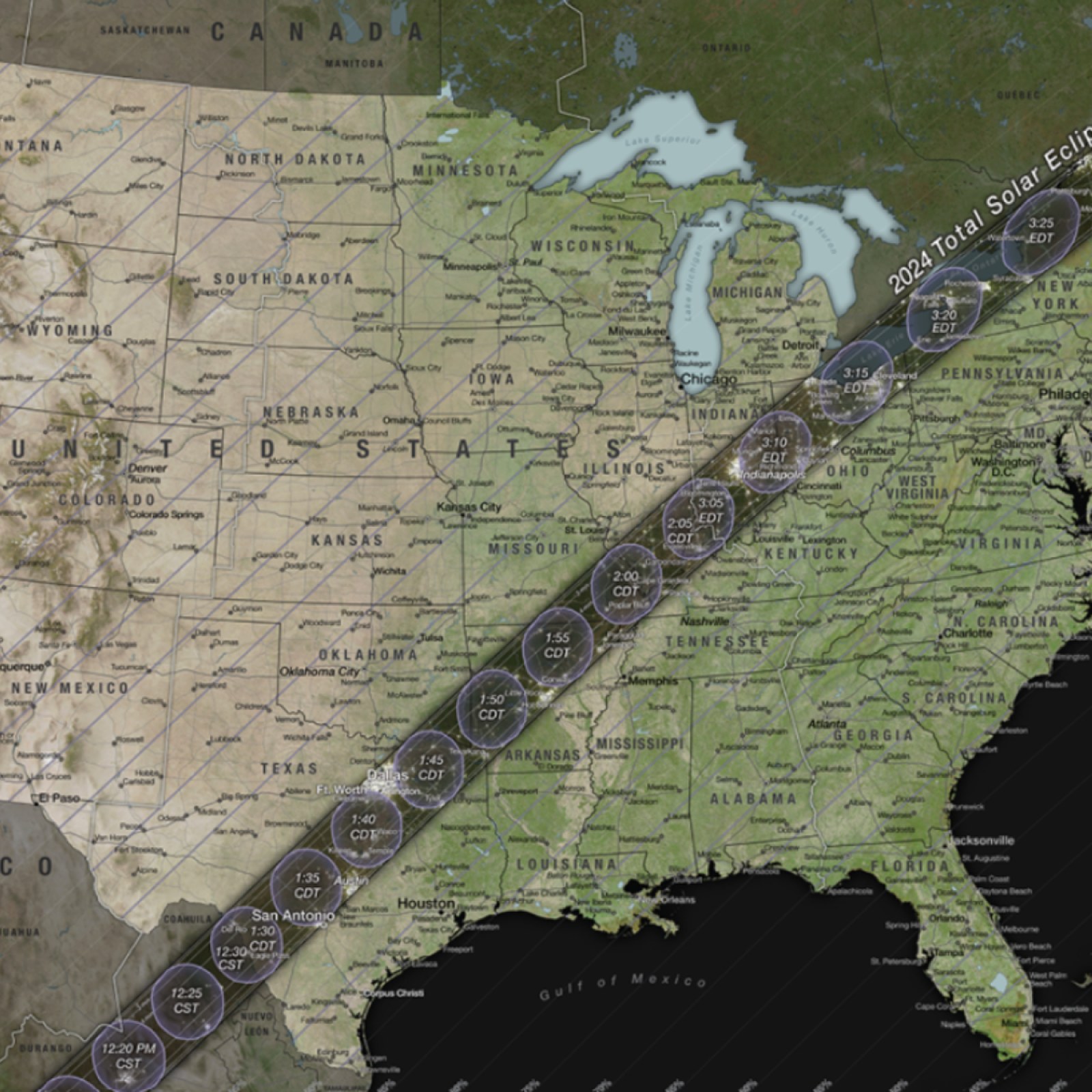Amgen/FTC: Trading bars ignore the reality of the pharmaceutical food chain

No agreement is completely guarded against regulatory intervention. In December, biopharmaceutical company Amgen announced it would buy biotech star Horizon Therapeutics for $116.50 a share, for a total of $28 billion. On Tuesday, the US Federal Trade Commission filed a lawsuit to block the deal.
The decision was less shocking than before Rina Khan started destroying trust. Critics lament that the FTC only wants to stop big companies from expanding. Because big companies mean bad things.
Nevertheless, the move took the market by surprise. Horizon shares were trading as high as $113. An implied spread of 3% was low, suggesting a deal would go through.
Horizon’s two blockbuster eye treatments have little overlap with Amgen’s portfolio. But the FTC’s evil theory is that the Horizon acquisition would allow Amgen to exercise unfair market power. This seems strange. Big pharma has always acquired smaller drug development companies to replenish their pipelines.
Some health science startups are eyeing the next Amgen with a $120 billion market cap. Most successful or promising therapies are bought by well-funded giants who allocate capital rather than eager innovators.
The FTC’s detailed opposition to the Horizon deal focuses on so-called pharmacy benefits managers. These companies determine which drug prescriptions are covered by health insurance reimbursement. The game for pharmaceutical companies is to get PBMs to put their drugs on these lists.
The FTC says Amgen is adept at bundling its drugs in PBM negotiations. The FTC argues that the addition of Horizon would give Amgen too much leverage in these horse trades.
Healthcare spending accounts for about one-fifth of US economic output. Competition authorities want to keep costs down. Industry counters that large profit opportunities will drive investment in science.
This conflict raises the question of how much is too big to be made bigger through acquisitions. Awaiting an explanation from the FTC, the answer is “more than $120 billion.”
Rex recommends the FT’s Due Diligence Newsletter, a curated briefing on the world of mergers and acquisitions.click here sign up
https://www.ft.com/content/22386ab6-5097-4108-aba4-33f36f3901d2 Amgen/FTC: Trading bars ignore the reality of the pharmaceutical food chain



